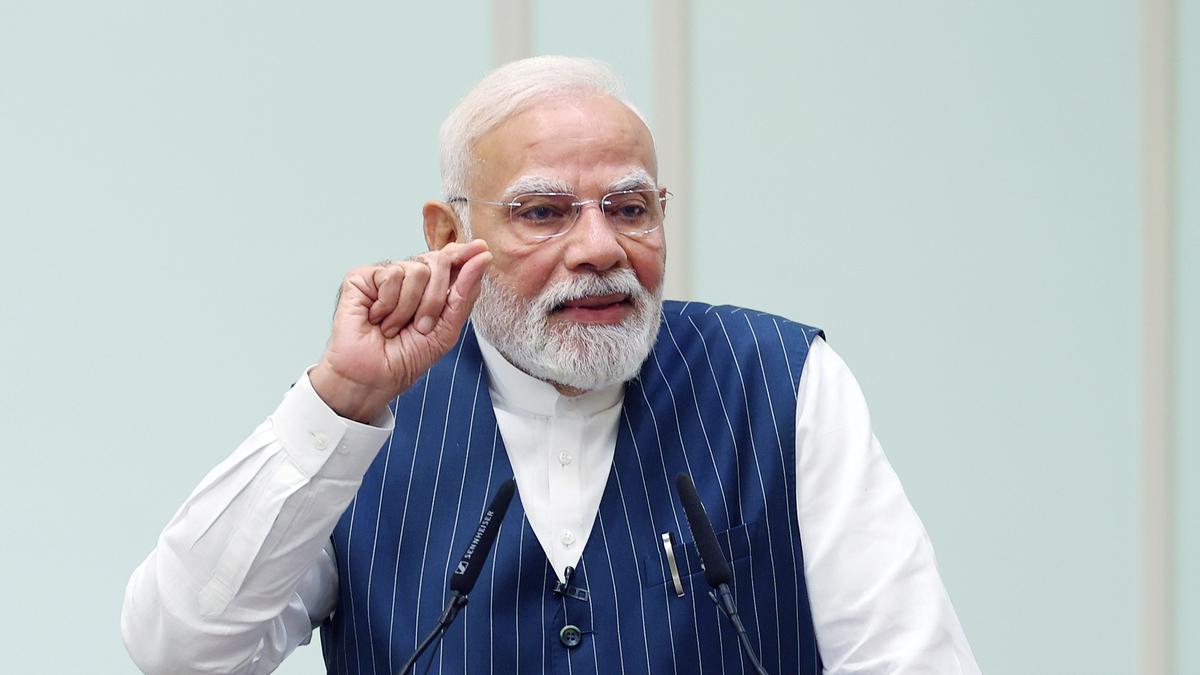Now Reading: Supreme Court Intervenes to Strengthen Anti-Poaching Measures in Tiger Habitats
-
01
Supreme Court Intervenes to Strengthen Anti-Poaching Measures in Tiger Habitats
Supreme Court Intervenes to Strengthen Anti-Poaching Measures in Tiger Habitats
Speedy Summary
- Supreme Court Inquiry: On September 17, 2025, the Supreme Court of India requested explanations from the Union Goverment, CBI, and Maharashtra State regarding a transnational poaching syndicate affecting India’s tiger population.
- Investigation Findings: A Maharashtra SIT uncovered a network of tiger poachers and international traffickers violating the Wildlife (Protection) Act, 1972. Products such as ‘bone glue,’ valued in Southeast Asia for traditional remedies, were being smuggled.
- Implications: Poaching operations involve financial trails linked to hawala transactions and cross-border smuggling, raising concerns about environmental damage, national security, and international obligations.
- Formal Notices & alerts: Notices have been issued to National Tiger Conservation Authority. The Wildlife Crime Control Bureau issued a “red alert” earlier this year for intensified anti-poaching measures after several tiger deaths in Maharashtra’s Rajura forest range.
Indian Opinion Analysis
The alarming discovery of an organized transnational poaching syndicate underscores critical vulnerabilities in India’s wildlife protection framework. With India hosting over 70% of the global wild tiger population and key reserves located in states like Maharashtra and Madhya Pradesh-a hub for biodiversity-the implications are far-reaching. Beyond environmental loss, poaching networks tied to cross-border smuggling pose national security risks that surpass regional governance capacities.
The call for CBI involvement is a step toward addressing systemic issues that transcend state jurisdiction while demonstrating India’s commitment to enforcing its wildlife conservation laws under international agreements. However, effectively curbing such activities will require stronger surveillance mechanisms across reserves following recent alerts by WCCB alongside collaborative efforts between various enforcement agencies.
Read more at [link provided].























